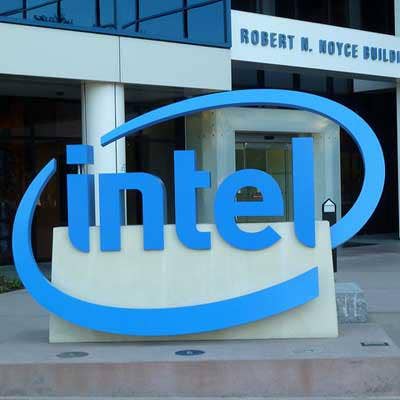5 Companies That Dropped The Ball This Week

VMware Has A Target On Its Back
OK, VMware itself didn't drop the ball. But the virtualization giant was under siege this week from competitors who threaten the company's position in virtualization and cloud infrastructure technology.
Red Hat debuted its cloud platform package, based on the open-source OpenStack software, and the company's virtualization technology and hybrid cloud management tools. That puts Red Hat in head-to-head competition with VMware's vCloud Suite. Red Hat also released an upgrade of Red Hat Enterprise Virtualization, which competes with VMware's flagship vSphere software.
Hewlett-Packard also got into the act, launching its HP Cloud Operating System, also an OpenStack-based offering that provides workload portability across public, private and hybrid cloud environments. And it, too, competes against VMware.

No Office For You (iPad Users)!
Microsoft is offering a version of its Office application suite optimized for the Apple iPhone -- finally providing the software for a platform other than Windows. But iPad users will have to content themselves with a browser version of Office. While the iPad runs on the same iOS operating system as the iPhone, the new Office Mobile for iPhone, available for Office 365 subscribers, is optimized for that device's small screen. Microsoft says there is no need for an iPad-specific version of Office because the tablet computer has a full browser that can access Office Web Apps, the Web-based version of the application suite, through Microsoft's SkyDrive cloud service. But Office Web Apps require an Internet connection, and iPad users aren't always online.
Cynics may see the decision as a way to preserve a key selling point for Windows-based tablets, including its own Surface products versus the iPad. But just as offering Office for the iPhone should boost Office 365 sales, Microsoft could be leaving a potentially big market for Office software on the table by not offering an iPad-optimized version.

Mobile Device Management Market Won't Last
Watching IT managers pull their hair out over the BYOD (bring your own device) problem, many vendors got the idea that selling mobile device management (MDM) systems could be a lucrative business. But Gartner predicts the dozens of vendors now in this market won't profit from it. Gartner says the MDM market is currently worth $784 million and will reach $1.6 billion next year. But there are 128 companies vying for customers and the market is rapidly being commoditized, industry analysts said at this week's 2013 Gartner Security and Risk Management Summit.
Many MDM vendors are stumbling and forced to slash per-seat prices because their products provide limited capabilities, analysts said. Ultimately, the whole market could be taken over by emerging technologies that focus on mobile application security -- leaving many current MDM vendors out in the cold.

Does 'Smart Technology' In Cars Create Dumb Drivers?
Auto manufacturers are increasingly adding technology to their cars, from larger touch screens and GPS devices to connections for drivers' smartphones and MP3 players. But safety experts have been warning all that technology means more distractions for drivers, creating unsafe situations on the road. Car makers have been touting their hands-free technology as the answer. But a report issued this week by the AAA Foundation, based on a study at the University of Utah, found that talking on a phone and using voice-based interactive technology with in-vehicle systems still created "significant levels of cognitive distraction," according to a Christian Science Monitor story. In other words, hands-free technology doesn't solve the problem.
A statement issued by the Alliance of Automobile Manufacturers played down these findings, expressing concern it gave the impression that handheld and hands-free devices are equally risky. But car makers should take the report's warnings to heart and seriously consider what all this convenient technology means for road safety.

Intel's Confusing Signals On Motherboard Plans
This week Intel denied a report that it plans to exit the server motherboard business. A Digitimes story said the chip maker was mulling an exit from the business in the second half of this year.
Intel has said publicly that it will exit the PC motherboard business by 2016. But Intel partners say the company's new Haswell motherboards are already in short supply.
All this is confusing for Intel's partners. While Intel vigorously denied it plans to exit the server motherboard business -- the company's server sales through the channel are growing at 30 percent, so there's good reason to question the report -- it needs to provide partners with a clear road map of its board manufacturing plans.